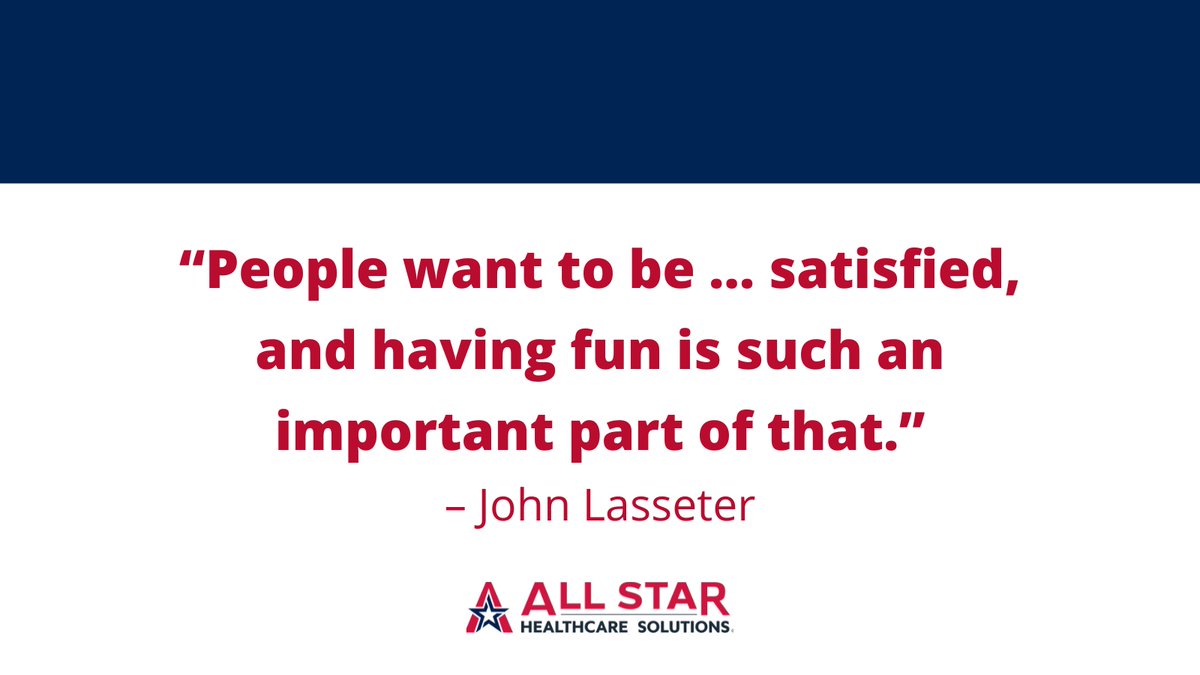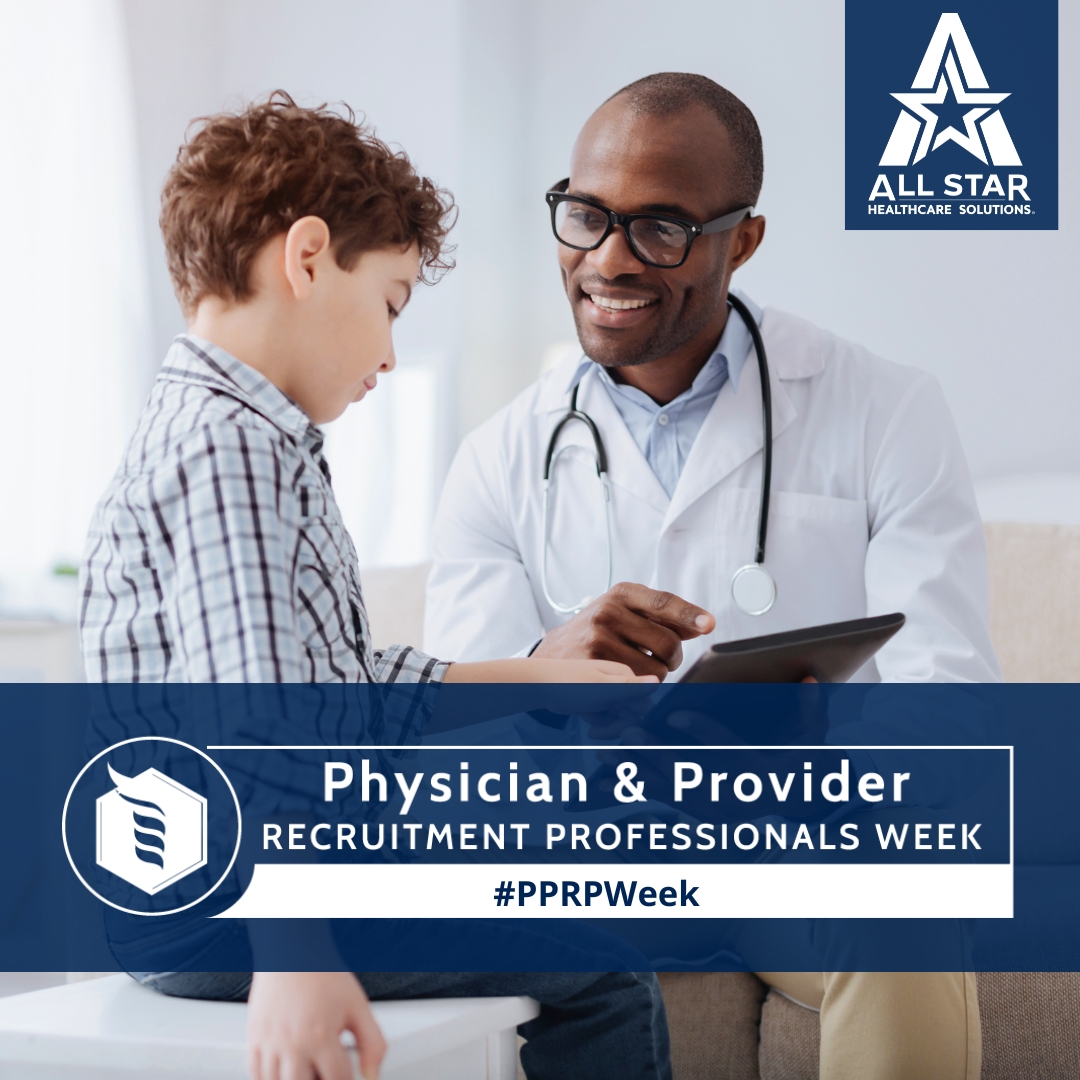What to Expect from a Locum Tenens Orientation
 Locum tenens jobs offer the excitement of traveling to new locales and the professional satisfaction of caring for patients within a variety of settings. With each short-term position, you will learn the ins and outs of a new facility.
Locum tenens jobs offer the excitement of traveling to new locales and the professional satisfaction of caring for patients within a variety of settings. With each short-term position, you will learn the ins and outs of a new facility.
Your presence at a hospital, outpatient clinic, or multi-specialty private practice group is answering a pressing staffing need, which means you are expected to begin caring for patients as quickly as possible. Therefore, a locum tenens orientation is condensed and expedited in comparison with a direct-hire position onboarding. Depending on the facility, the process could range from as little as a few hours to as much as several days. But one thing is certain: the first few days of a contract involves information to process and put into practice.
Knowing what to expect from orientations will give you head start on readying for a new locum tenens opportunity.
Orientation Starts Before Your Arrival
Whenever possible, the orientation kicks off before you clock in. Many of the basics, such as the name and phone number of the initial contact person and arrival location, should be shared as soon as hospital privileges are granted. Also, at All Star Healthcare Solutions, we try to book a separate day for orientation prior to the official start of the job.
A more extensive packet might include:
- Job description—make sure it matches all the details shared by your All Star consultant;
- Map of the facility, marked with the parking lot and entrance to use; and
- Hospital-specific instructions for writing prescriptions, patient scheduling, ordering labs, and billing and coding. Tip: Creating your own info sheets is a great shortcut.
It’s also a timesaver to review an online primer on the facility’s electronic medical records (EMR) program ahead of your arrival. The packet may include user login identification and passwords, as well as a facility IT contact.
“If providers are unfamiliar with the EMR systems, they should ask for additional resources, which many facilities are more than happy to supply. Also ask for remote documentation access,” says Katie Escalante, All Star’s Chief Sales Officer.
What to Expect on the First Day
The most efficient orientations typically kick off with meeting the primary contact person, who guides you through a tour of the facility, especially areas affecting your practice — don’t forget to locate nearby bathrooms, breakrooms, and supply centers. Once on the assigned unit, you should learn more about workflow specifics.
“Important questions to ask are, ‘Who do I reach out to in case of an emergency? Who is my point of contact on the floor? Who should I contact if I need assistance with a case? What support staff resources do I have around me?’” advises Escalante. “Also, I suggest asking for a list of contacts for HR, IT, and department heads, so the clinician has a point of contact for anything while on assignment.”
Before your first day of call duty, double check you are appropriately listed on the call directory/schedule with the correct cellphone number.
Within this process, you will be issued a security badge and any passwords not already set up. Plus, locum tenens providers may be required to attend a more formal overview of hospital policies.
Providers also should come prepared. Bring copies of your license, certifications, and the certificate of insurance provided by All Star, as well as a photo ID. Although these documents are submitted during credentialing, having copies or photos of them saved on a smartphone serves as a great backup if the facility asks for another copy.
All Star is Here to Assist
From your first phone call with a consultant to your first day of a contract, and beyond, All Star’s “Red Carpet” Service means having an ally along for each step of your journey. If you feel additional information is necessary, inform your consultant. They can liaise with administrators to resolve concerns. In fact, your feedback—what was great and helpful as well as what was missing—is used to prepare other locum tenens professionals for future opportunities.
“We should know, so we can direct the facility to possibly add more resources or expand their locum tenens orientations,” comments Escalante.
Whether you’re new to working locum tenens or a seasoned locums provider, each facility takes some getting used to. But having an informed idea of what to expect before, during, and after orientation can help you settle in and begin caring for patients.
Call 800-928-0229 to speak with one of All Star’s dedicated consultants to discuss any aspect of the locum tenens process, or contact us online.















